Water sports and activities are a fun and exciting way to enjoy the outdoors, but they can also be dangerous if proper safety measures are not taken. Whether you’re a seasoned pro or a beginner, it’s important to prioritize safety when participating in water sports and activities. Here are ten tips to help you stay safe while having fun in the water.
Know Your Limits and Abilities
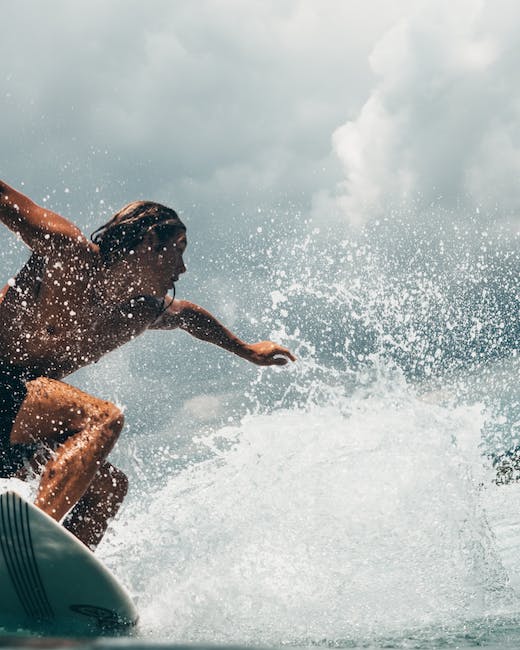
Knowing your own limits and abilities is crucial when participating in water sports and activities. It’s important to be honest with yourself about your level of experience and skill, and not try to do anything that is beyond your capabilities. Trying to push yourself too far can lead to accidents and injuries. If you’re unsure about your abilities, start with something easier and work your way up gradually. Every water activity requires a certain level of skill and experience, so make sure you’re adequately prepared before diving in.
Wear Proper Gear
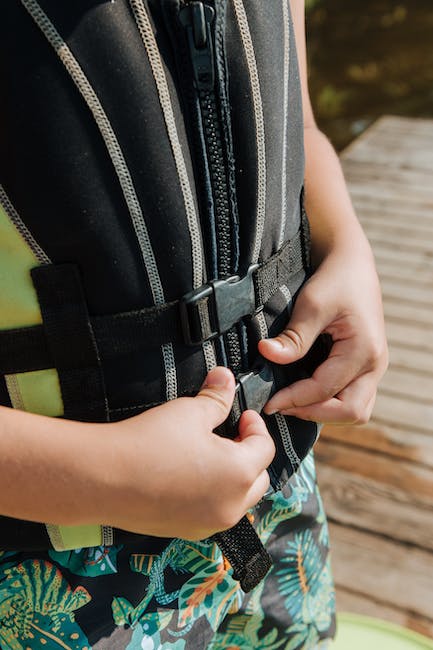
Wearing proper gear is essential when participating in water sports and activities. This includes a life jacket, helmet, wetsuit, and any other necessary equipment specific to the activity you are doing. Make sure everything fits properly and is in good condition before using it. It’s important to note that different water activities will require different types of gear, so be sure to research and invest in the right equipment for the activity you’re doing.
Check Weather Conditions

Always check the weather conditions before participating in water sports and activities. Storms, strong winds, and rough waves can be dangerous, especially for inexperienced swimmers. It’s better to err on the side of caution and postpone your activity for another day if the conditions are not safe. If the weather changes suddenly while you’re out in the water, get to shore as soon as possible.
Stay Hydrated

Staying hydrated is crucial when participating in water sports and activities. It’s easy to forget about drinking enough water when you’re having fun in the water, but dehydration can be dangerous and even life-threatening. Bring enough water with you or take frequent breaks to drink water and rest. It’s also important to avoid alcohol when you’re in or around the water, as it can impair your judgment and lead to accidents.
Be Aware of Your Surroundings

Being aware of your surroundings is vital when participating in water sports and activities. Watch out for boats, rocks, and other hazards, and avoid areas where there are strong currents or rip tides. Familiarize yourself with the area you’ll be in and take note of any potential risks. It’s also a good idea to let someone else know where you’ll be and when you plan to return, in case of an emergency.
Do Not Swim Alone
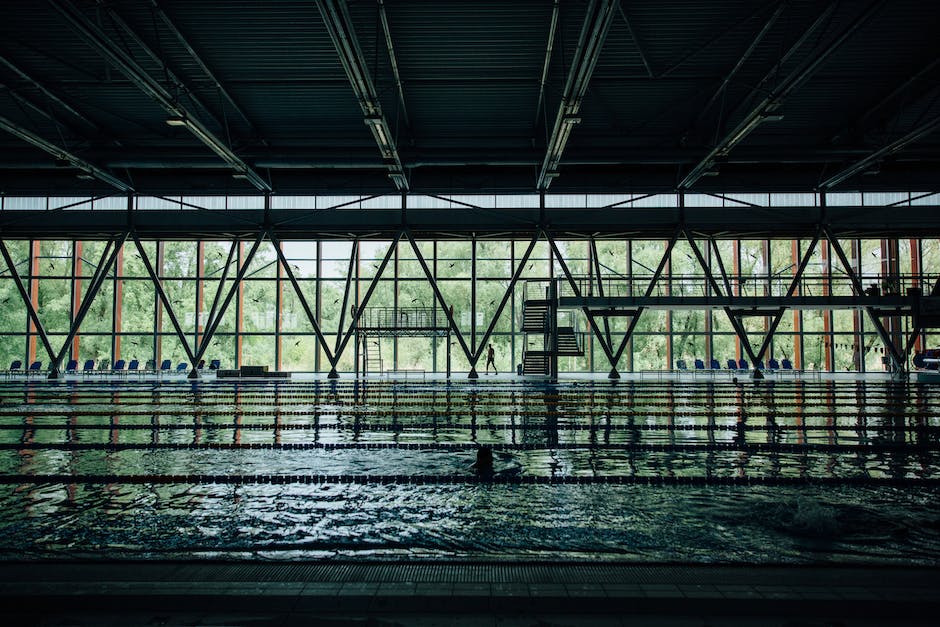
It’s always best to swim with a partner or in a group, especially in unfamiliar waters. If you do choose to swim alone, make sure someone knows your location and expected return time. It’s also a good idea to bring a whistle or other signaling device, in case you need to call for help. If you notice someone else struggling in the water, avoid going in after them unless you know how to do so safely.
Learn Basic First Aid
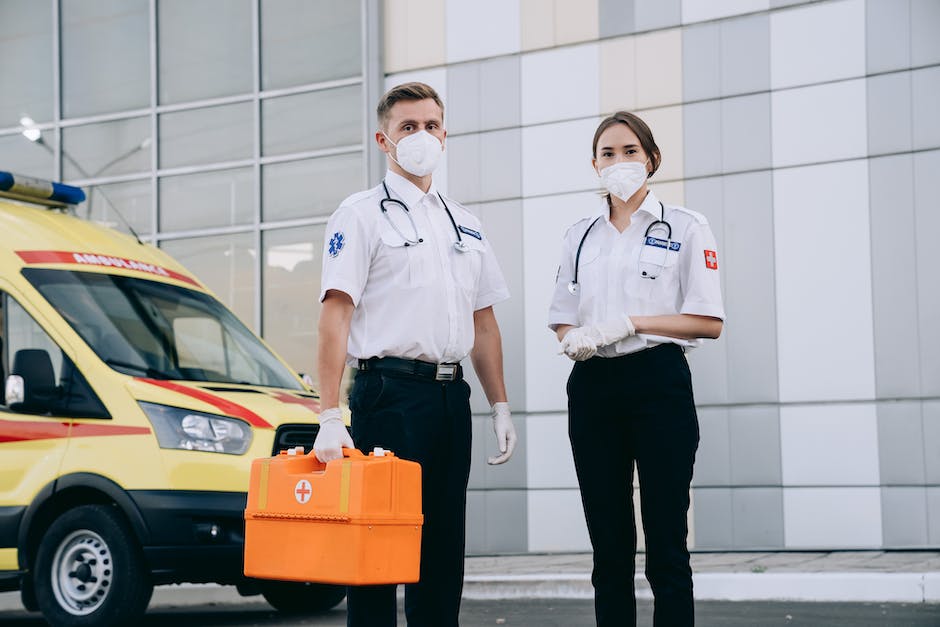
Learning basic first aid can be a lifesaver in case of an emergency. Take a course in first aid and CPR before participating in water sports and activities. This will give you the knowledge and skills you need to provide assistance if someone is injured or in distress. It’s also a good idea to bring a basic first aid kit with you whenever you’re near the water.
Check Equipment and Ensure Safety

Checking all equipment and ensuring safety is critical when participating in water sports and activities. Make sure all gear is in good condition and functioning properly. Check your surroundings for any signs of damage or danger. If something doesn’t seem right or safe, don’t use it. It’s important to be proactive about safety so that you can prevent accidents from happening.
Follow Rules and Regulations
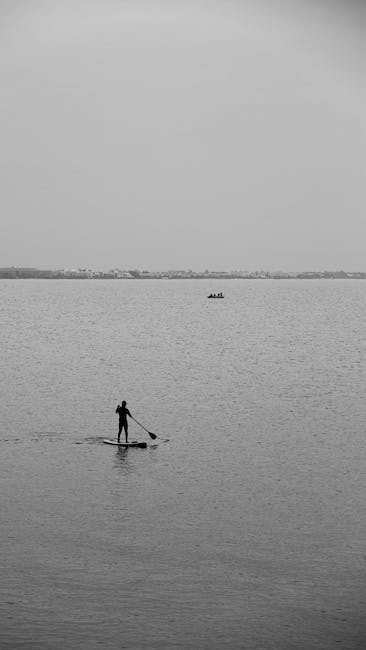
It’s crucial to follow all rules and regulations when participating in water sports and activities. These rules are in place for your safety and the safety of others, and breaking them can result in serious injury or even legal consequences. Make sure you know the rules for the activity you’re doing, as well as the laws and regulations for the area you’re in. If you’re not sure, ask an expert or guide for clarification.
Listen to Local Experts and Guides
Listening to local experts and guides is essential when participating in water sports and activities. They know the area and the conditions better than anyone and can give you valuable advice and guidance to stay safe. Pay attention to any warnings or instructions they give you, and ask questions if you’re unsure about anything. It’s always better to be safe than sorry.

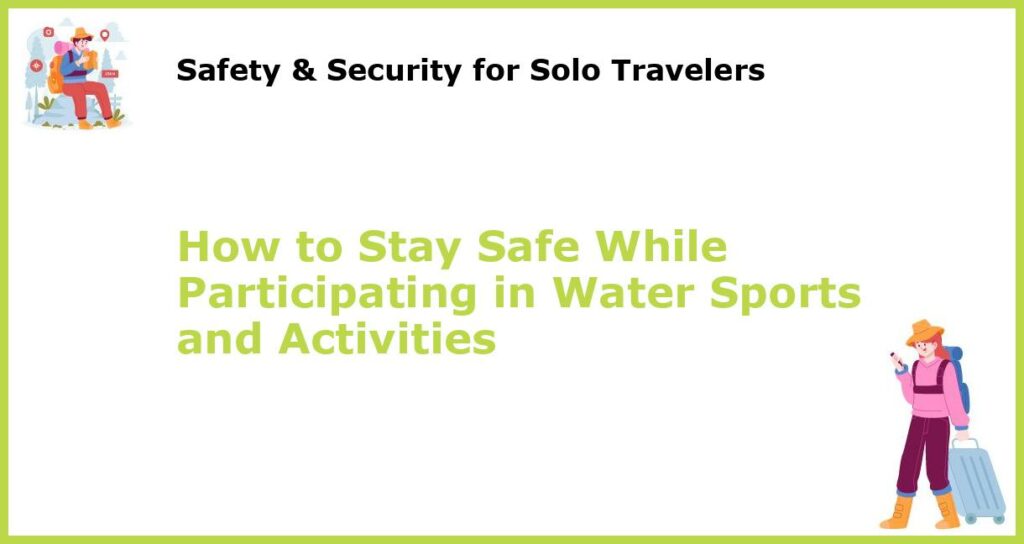






 You might also be interested in those articles related to solo traveling
You might also be interested in those articles related to solo traveling